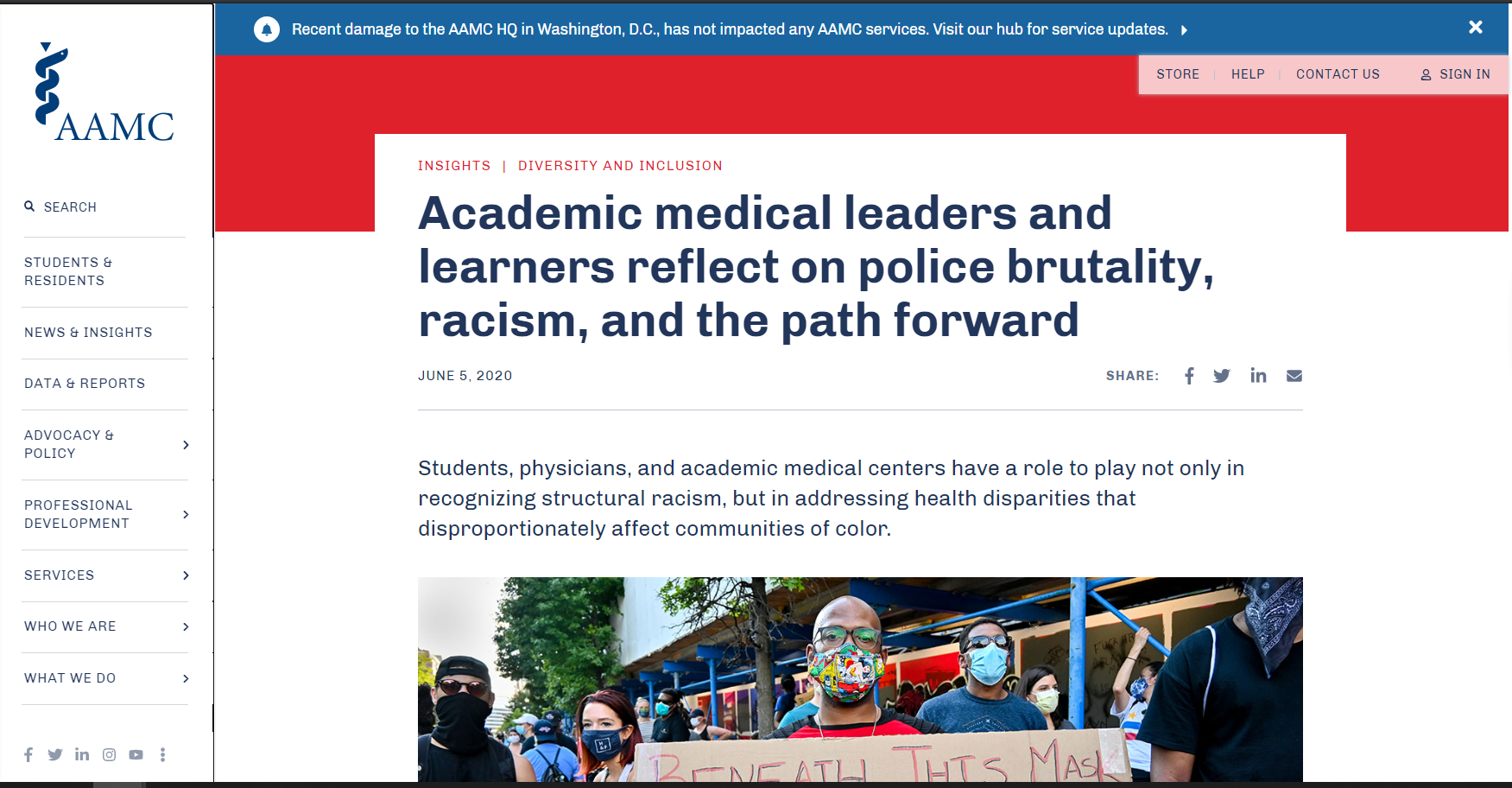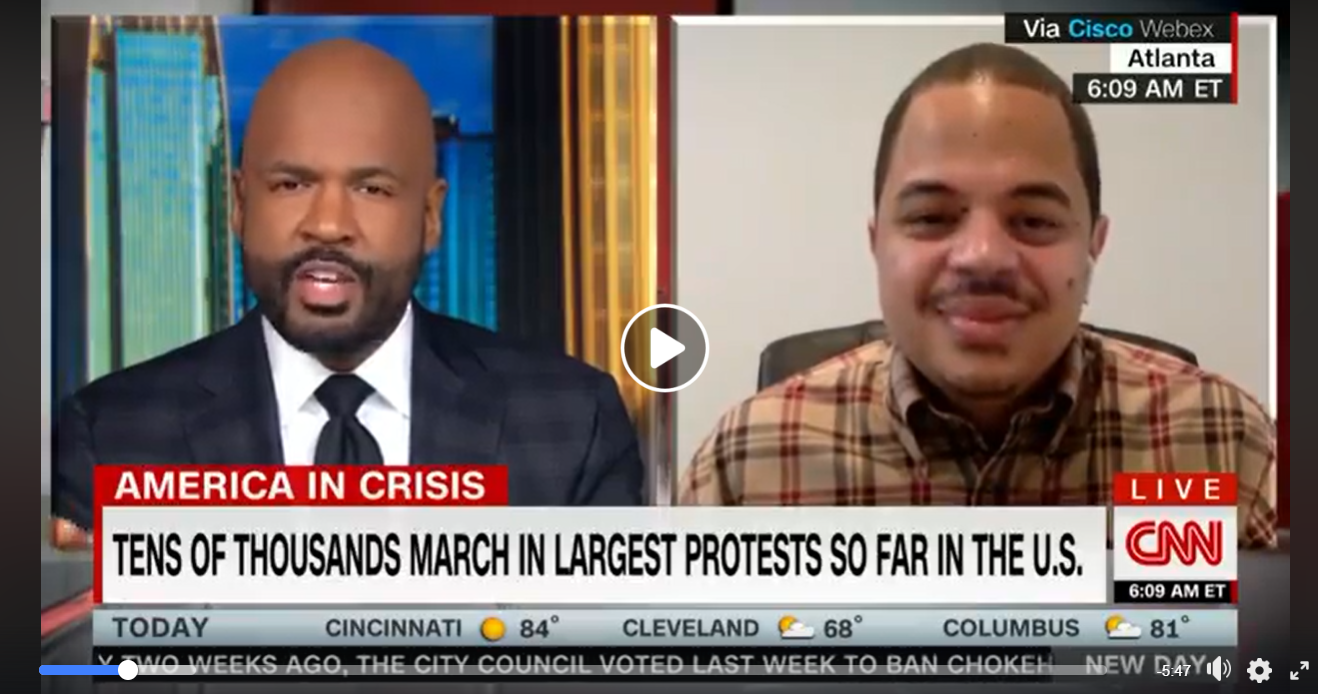Dr. Carl Suddler, Assistant Professor of History, recently published an article on The Brookings Institution’s blog. The piece is titled “There’s truth in numbers in policing – until there isn’t” and is part of Brookings’ “How We Rise” series. Suddler is also the author of Presumed Criminal: Black Youth and the Justice System in Postwar New York (NYU Press, 2019). Read an excerpt from his Brookings piece below, along with the full article here.
“At the heart of many police reform arguments is accountability. But to hold the police accountable for misconduct, data related to police violence must not only become more accessible, it must also become more reliable. But what if this is just not possible? What if we cannot ever rely on this data to be true?”

